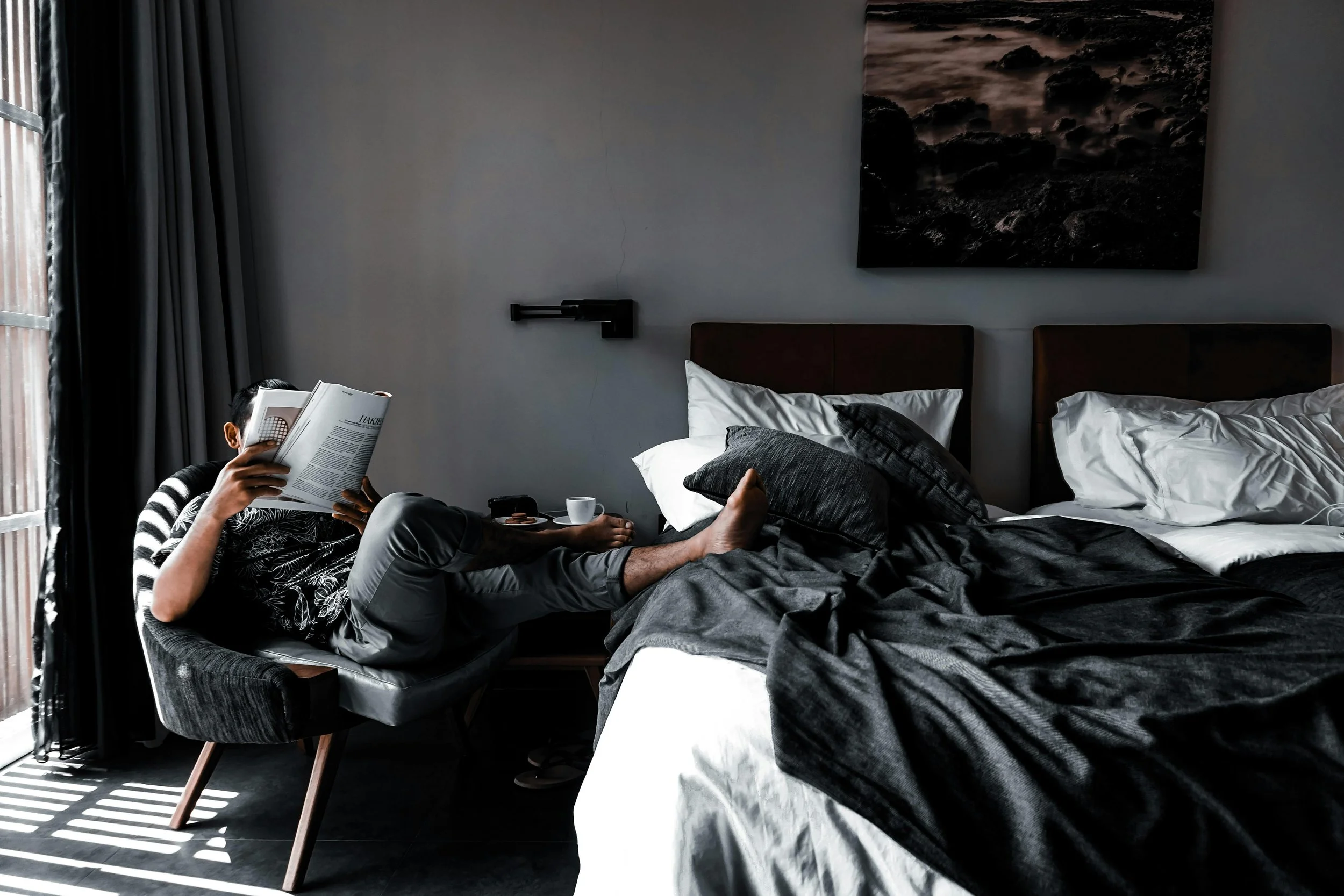Being Unproductive is Necessary for Creative Work: 2 Reasons Why
Scrolling through my LinkedIn feed, I came across a post from copywriter Eddie Shleyner from Very Good Copy, who writes about how unproductive activities are necessary for the creative process.
Here are the two lessons that reveal how being unproductive is a necessary ingredient for creative work and how they impacted me.
Creativity is about making connections, and you can’t force it
From this post, I was reminded that creativity is about finding patterns in the human experience and, as Eddie points out, “putting old things together in new ways.”
Creative endeavors require us to take in experiences, let them marinate, and then gift what we find to fellow humans to receive, resonate with, and be inspired by.
This is art.
This is what all humans have the ability to do in one form or another, and it doesn’t always have to look like paintings, writing, or sculptures. Whether you’re a dancer, an athlete, a salesperson, or a stay-at-home parent, we humans are meant to experience and express, and we experience and express over and over and over again til we’re dead.
Eddie’s post makes the case that in the midst of mindless engagement (being with friends, taking a shower, having a walk, playing a game, etc.), your “subconscious will continue working, incubating, processing your knowledge and experiences until a random sequence of synapses fires off in your frontal cortex:
And you have a moment of clarity.
And connect disparate things.
And then blurt out, ‘Hey that's interesting!’”
This speaks most directly to sitting down each morning to write a daily blog post on this platform.
This past week, I’d found myself with my hands on my keyboard with ZERO ideas on what to write about. I had 30 minutes to churn out a post and demanded creativity from my brain in that timeframe, but it felt like trudging through a sandstorm just to settle on a topic, let alone produce a written piece.
So instead, I’d get up and wash the dishes, sweep the floor, take a walk, or engage in one of these four ways I’ve found to counteract overwhelm.
When I took a step away from demanding results from my brain, my creativity would slowly come out of its foxhole, and the ideas I needed would emerge.
You can’t hustle your way to creativity. You need to surrender your productivity “badge of honor”
Growing up a productivity junkie, my sense of self-worth has historically been tied to how much I do and how well I do it.
I know I’m not alone in this. Type A’s everywhere with their planners, goal boards, and clean email inboxes, I’m sure I could attest—there’s a delicious satisfaction in a completed to-do list and tidy workspace.
My propensity for organization and religiously meeting deadlines is a well-rewarded personality type in Western culture, so the idea that (un)productivity could be the key I need to sustain my creativity is a tough pill to swallow.
Can’t I just hustle my way into connections and creative output?
If I know how to do anything, it’s to work hard. Resting, play, and unproductive activity though?
Not when I feel the heat of a to-do list breathing down my neck!
I’m coming to the conclusion that I have to learn how to tolerate the inevitable anxiety that will arise in me when I’m not doing tasks that I’d consider legitimate work. I need to reframe what I classify as productive.
At this point, my creativity depends on it.
A quote within Eddie’s post reads:
“You’re the most creative when you’re the least productive.”
What scares you about feeling or looking unproductive?
Do you think it’s necessary to creative work?

